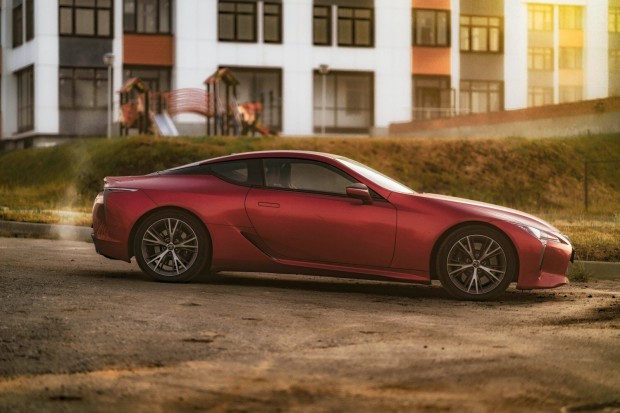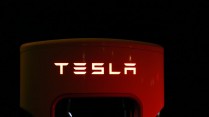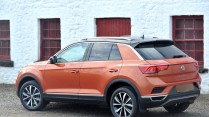Cruise’s CEO, Co-Founder Steps Down, Amidst Safety Concerns Over Units
By Dabbie Davis
Nov 21, 2023 03:58 AM EST

In a surprising turn of events, Kyle Vogt, the CEO of Cruise, General Motors' self-driving vehicle subsidiary, has tendered his resignation. This significant development comes mere weeks after Cruise temporarily suspended its fleet's operations to conduct a comprehensive safety review.
Vogt's Major Decision
As shared on Fox News, Vogt, who reflected on his remarkable journey, expressed gratitude for the support that had propelled Cruise from a garage startup to providing over 250,000 driverless rides across multiple cities. His departure marks a significant moment in the self-driving vehicle industry, raising questions about Cruise's future direction and the evolving landscape of autonomous transportation.
Kyle Vogt, the co-founder and CEO of Cruise, General Motors' autonomous vehicle subsidiary, has made a surprising announcement regarding his resignation. Vogt's decision comes on the heels of Cruise's recent suspension of fleet operations for a safety review. Vogt complimented the team's remarkable abilities and perseverance, highlighting the company's promising trajectory.
In a heartfelt message, Kyle Vogt expressed his strong confidence in the team's potential future, saying, "Cruise is just getting started, and I truly believe it has a bright future ahead." Vogt's decision to step down marks a significant moment in the company's journey, prompting discussions and questions about Cruise's potential in the autonomous car industry.
A tight watch is kept on Cruise's leadership transition by industry observers and stakeholders, as the company continues to strive for innovation and excellence in the autonomous vehicle space.
Cruise had taken a bold step to rebuild public trust by suspending operations temporarily, as stated in their post on X: "The most important thing for us right now is to take steps to rebuild public trust." This introspective approach underscores their commitment to safety and transparency, even if it entails making challenging decisions.
READ MORE: Toyota Makes Use of Old Prius Hybrids, Recycles for New EV Batteries
With Kyle Vogt's exit, the industry watches closely to see how Cruise will navigate this leadership transition while adhering to its multi-year roadmap and product vision. The challenges and opportunities ahead will shape Cruise's role in the autonomous vehicle landscape, and stakeholders eagerly anticipate what lies ahead for this innovative company.
Safety Concerns - General Motors' Driveless Cars
General Motors' ambitious vision of a future marked by "zero crashes, zero traffic, and zero emissions" now appears more challenging to attain than ever. This sentiment is exacerbated by the recent resignation of Kyle Vogt, CEO of General Motors' autonomous vehicle subsidiary, Cruise. The Verge reported, Vogt's departure follows a disturbing incident wherein a hit-and-run victim was trapped beneath a Cruise vehicle and dragged 20 feet. The gravity of this event led the California Department of Motor Vehicles to suspend Cruise's license for autonomous vehicle operations within the state. In response, Cruise implemented a nationwide pause on driverless operations, appointed a new chief safety officer, recalled its entire fleet, and enlisted an external organization for an independent safety audit.
General Motors' journey since acquiring Cruise seven years ago to rapidly commercialize autonomous technology has been marked by turbulence. While recent months saw some noteworthy achievements, a series of mishaps highlighted significant managerial challenges within Cruise. Vogt's resignation leaves General Motors facing a pivotal decision: whether to persevere in their commitment to self-driving cars despite the mounting issues or to mitigate their losses.
This situation mirrors a broader trend in the automotive industry, with various automakers scaling back their autonomous ambitions and witnessing delays, while the autonomous vehicle investment landscape experienced a substantial 60 percent decline in 2022, reflecting the challenges faced by startups in this field.
RELATED ARTICLE: Takata, auto execs face Senate over deadly air bag scandal
Copyright @ MOTORTIMES, All rights reserved. Do not reproduce without permission.








